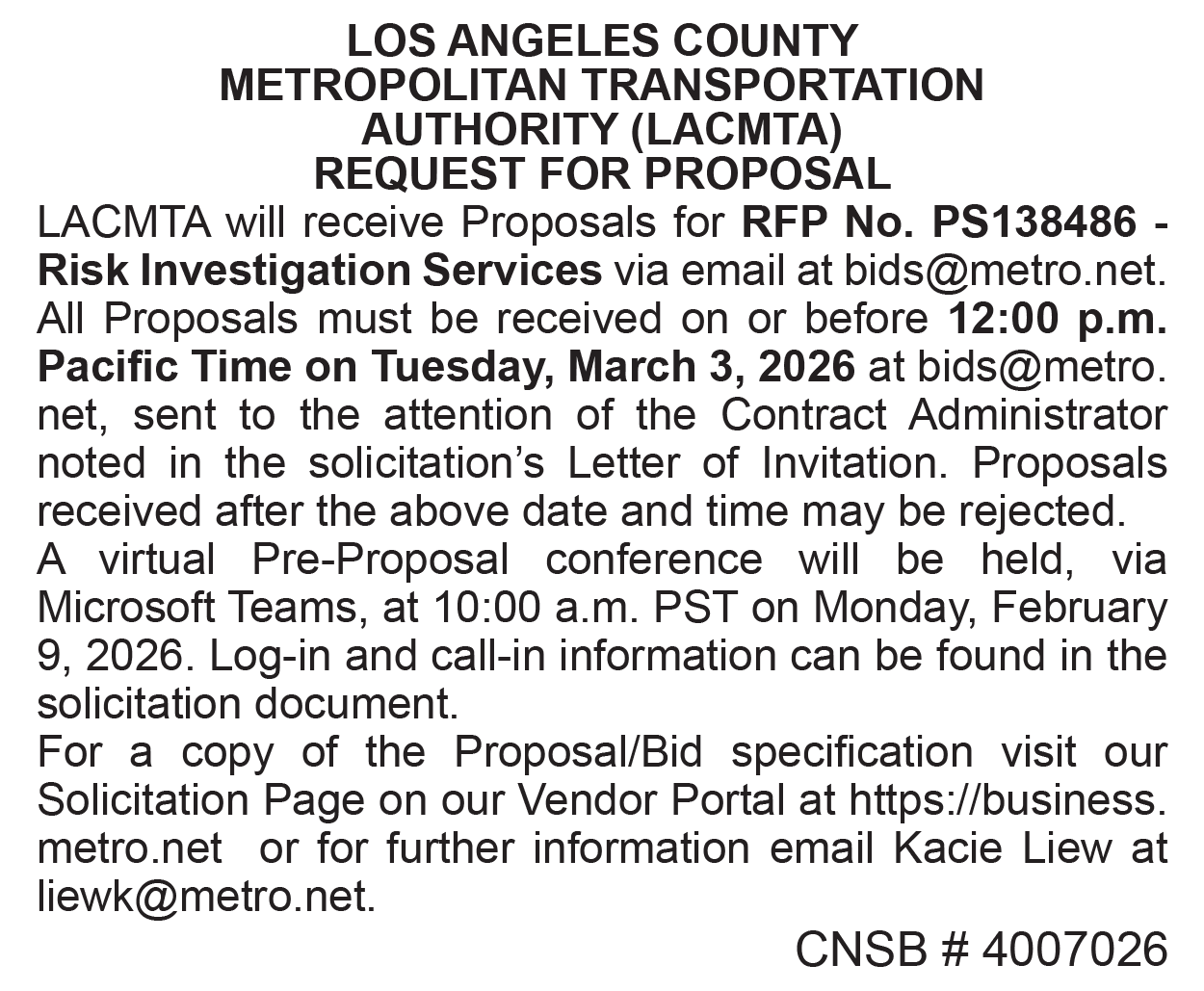Gelman: When Credibility Crumbles
Wednesday, April 30, 2025 | 0
The New Jersey Appellate Division recently affirmed the dismissal of workers' compensation claims brought by Dorothy Makins against Premier Cadbury LLC.

Jon L. Gelman
Makins alleged that two incidents while working at Cadbury in 2018 caused or aggravated her injuries, which stemmed from prior employment.
The case proceeded to a bifurcated trial in the Division of Workers' Compensation, where the initial focus was on whether the alleged accidents actually occurred and if there was a causal link between them and Makins' injuries. The compensation judge ultimately ruled against Makins, dismissing her claims against Cadbury.
What the petitioner failed to prove
At the heart of the trial was the petitioner's burden of proof. To succeed on her claims against Cadbury, Makins needed to demonstrate that she "suffered a compensable accident" on the specific dates alleged — Feb. 11, 2018, and June 8, 2018 — while lifting patients at Cadbury. Crucially, she had to prove by a preponderance of the evidence (meaning it was more likely than not) that her injuries were causally related to the alleged workplace incidents.
Why the appellate court affirmed the dismissal
The Appellate Division upheld the trial court's decision primarily because of the compensation judge's critical finding regarding Makins' credibility. The trial judge found her "not credible," pointing to several factors:
- Inconsistencies within the injured worker's testimony.
- When questioned about facts that were not in her favor, there was a noticeable change in the injured worker's demeanor.
- Discrepancies between the petitioner's testimony about how the accidents occurred and the details contained in documented reports of the incidents.
Appellate courts give substantial deference to the factual findings and credibility assessments made by trial judges, especially in workers' compensation cases, because the trial judge has the unique opportunity to observe the witnesses firsthand. The Appellate Division found no reason to disturb the compensation judge's conclusion that Makins was not credible.
Furthermore, the appellate court noted that the trial's bifurcation was agreed on by all parties, and Makins had the opportunity to present medical expert testimony to challenge evidence used for impeachment but chose not to. The court also found no due process violation regarding the admission of incident reports and other documents, as counsel had consented to their inclusion.
Because Makins failed to meet her burden of proving a compensable accident and causal relationship — a failure heavily influenced by the negative credibility finding — the Appellate Division affirmed the dismissal of her claims against Cadbury.
Claimants' attorney Jon L. Gelman is the author of "New Jersey Workers’ Compensation Law" and co-author of the national treatise "Modern Workers’ Compensation Law." He is based in Wayne, New Jersey. This blog post is republished with permission.







Comments